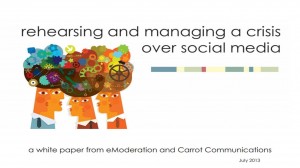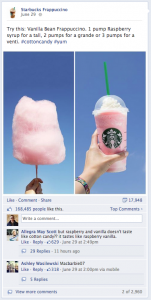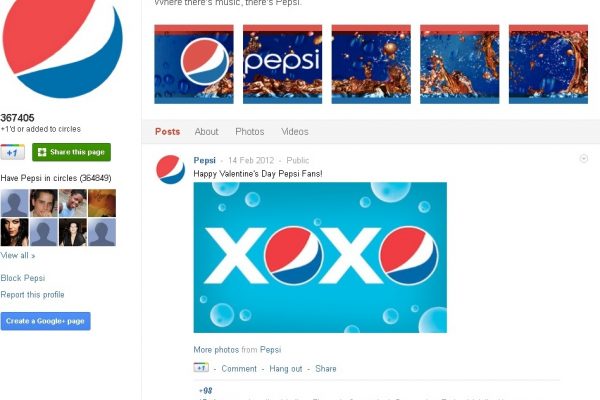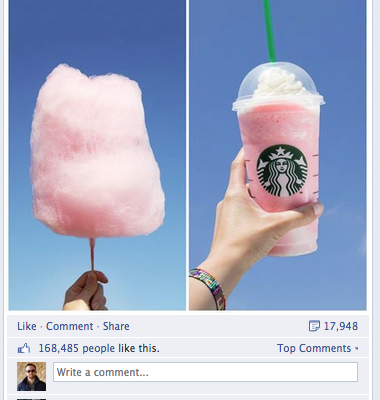Manhattan. “You’ll fall in love with it the moment you step off the plane.” They said.
Well, no.
Let’s not kid ourselves here, a seven hour flight across the Atlantic, followed by a two hour queue to get shouted at by a mean person, does not a happy traveller make. Combine that with the jet lag of someone who had never even been on a plane before and you have one unimpressed individual. (Okay, I admit it, I’m always very hard to impress but the travelling didn’t help.)
It was towards the end of our week there that the city started taking hold. To be honest, to me it’s just a city like any other. Yes, it has some tall buildings but really, meh. It’s when I started going to the parks, visiting local delis and hearing about the history of the city that I really appreciated the place. Suddenly it wasn’t just about tall buildings, it was about the heritage, culture and lifestyle.
So, how does this relate to brands?
Brands may want to emphasise how revolutionary their product is, how they are the best in the business, or have designed the finest looking widget, but most people can’t really connect with that. If brands want people to connect, and maybe engage (rather than drop in, complete a transaction, and leave) they need to look at ways to make them want to come back for more.
Brands can do this by using:
Narrative: What makes your brand different? How did the business develop? (For example, the inspiration for setting up YouTube in 2005 was the infamous Janet Jackson wardrobe malfunction at the previous year’s Super Bowl, and the Boxing Day Tsunami. Personally, I can’t imagine that YouTube didn’t exist when these events happened.)
Ethos: What’s important to your brand? How do you show this? (One of our clients, Fluidata, takes part in regular team endurance events for charity.)
Personality: What’s it like to work for your business? When people think of your brand, do they think of something dry and corporate, or something more vibrant? (Good examples of brands with personality include Innocent Drinks and Graze.)
People: Most businesses are people centric. It helps people connect to the brand if they can talk to a person. Is the brands Twitter account a faceless icon tweeting company news, or a person with the authority to inject some personality into social media? (Meet the team pages can offer a lot of insight into company culture as well, just look at Pinterest’s page, or that of one of our clients Periscopix.)
There’s nothing wrong with being the kind of business that provides an excellent service and/or product. People don’t have to love a brand to use it. I don’t like Apple that much, but I still want a MacBook, meanwhile I love the brand identity of Innocent Drinks, but I wouldn’t drink one of their smoothies.
But if one of the businesses goals is to develop a community around the brand, there has to be something that people can connect with. Something that reaches beyond corporate speak and allows people to see what makes the brand tick.






